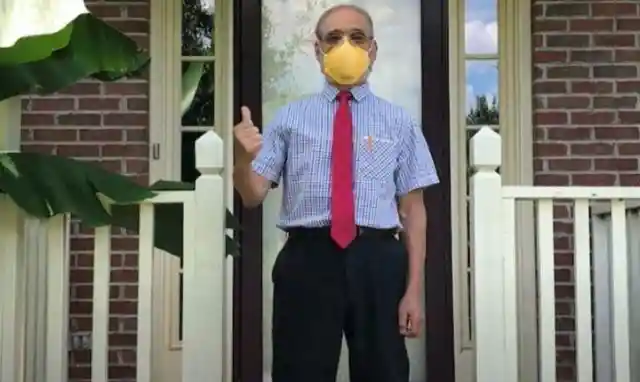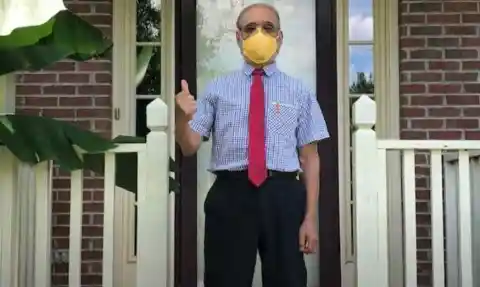

They say that in times of desperate need, we often find heroes in the most surprising place. Well, it looks like this time it might come from the exact place you would have hoped for. That’s right, the developer of the N95 mask is set to come out of retirement in a bid to make equipment capable of combatting COVID-19.
The virus which has conquered more or less all of 2020 as a discussion topic has become the biggest problem for all nations. Even those who have been relatively comfortable throughout will have found the economic damage to be incredible. That’s why we need all hands on deck in a bid to try and beat the virus. Whether that’s through medication, vaccination, eradication or anything else, it would be nice to see it happen ASAP. With experts like Peter Tsai back on the scene, though, things might improve quicker.
Tsai is a big name in the mask industry because he’s the man behind one of the best masks to wear in a bid to protect yourself and others. N95 masks were suffering from excessive shortages in many hospitals and other key areas in major countries. This put many healthcare workers at risk, further risk than they already were in.
Thankfully, Mr. Tsai made a big invention in 1995; the patented fabric which makes the N95 mask so disease-resistant. This is an effective, secure face covering that is one of the most effective ways to protect ourselves from respiratory diseases. Indeed, they are commonly worn by those in healthcare and in first response.
The problem is that these masks are not really meant for long-term usage. They are uncomfortable to wear for prolonged periods. Tsai, though, offered some recommendations to those looking for help which included:
• Buying a series of 7 masks and then allowing the masks to decontaminate, wearing one per day.
• Put your masks in 160-degree dry heat for around 30 minutes for extra contamination.
• Replace the material of your mask with non-woven fabrics like carpet backings.
Having committed a fair portion of his life to the development of these masks, we would suggest at Mr. Tsai must know a fair bit about them. With his own volunteer work and other volunteers at laboratory research departments, there has been ample progress in ways to make these masks more affordable, accessible, and available.